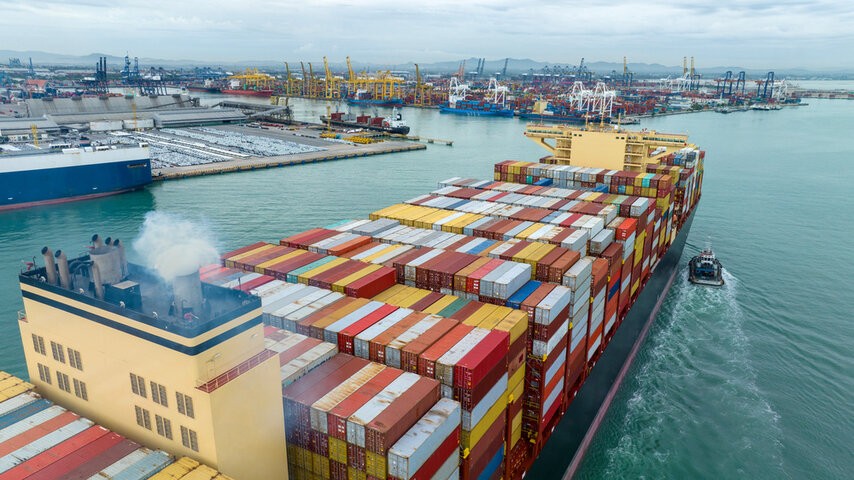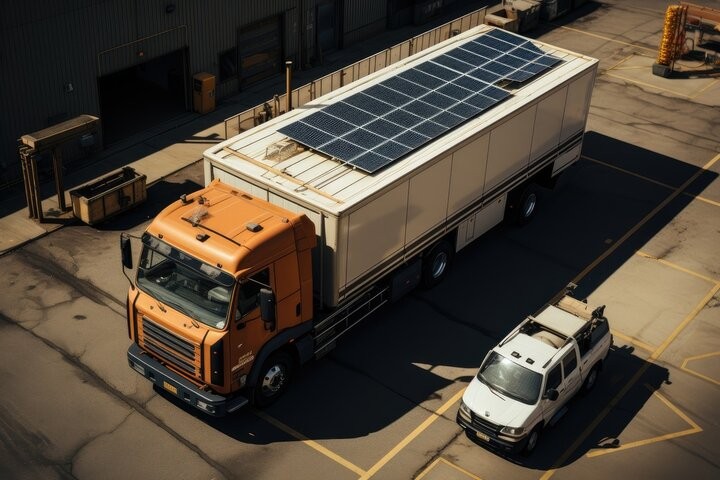Revolutionizing Shipping and Logistics for a Sustainable Tomorrow
In today’s fast-paced world, the shipping and logistics industry serves as the backbone of global commerce, facilitating the movement of goods across vast distances. However, with this indispensable role comes a significant environmental footprint, characterized by emissions, waste, and resource depletion. As we stand at the crossroads of progress and sustainability, one question looms large: How can we transform this vital industry to be both economically viable and environmentally responsible?

The journey towards sustainability in shipping and logistics is a complex one, fraught with challenges and opportunities. At its core lies the need to balance the imperative for affordable technology with the overarching goal of minimizing environmental impact. But can the industry rise to the occasion and revolutionize itself through cutting-edge strategies that usher in a new era of sustainability?

The first step in this transformative journey is recognizing the urgency of the situation. Climate change, pollution, and resource depletion pose existential threats not just to the environment but to the very foundation of global trade. In response, forward-thinking companies are embracing innovation and embracing a paradigm shift towards sustainability.

One of the key challenges in this endeavor is the cost factor. Traditional methods of transportation and logistics often prioritize short-term economic gains over long-term sustainability. However, with advances in technology and a growing awareness of environmental issues, affordable and eco-friendly solutions are becoming increasingly feasible.

Enterprises are harnessing the power of technology to drive efficiency and reduce environmental impact across the supply chain. From AI-powered route optimization and electric vehicles to blockchain-enabled transparency and renewable energy integration, the possibilities are endless. By leveraging these innovations, companies can streamline operations, minimize waste, and lower carbon emissions, all while remaining economically competitive.

But the path to sustainability is not without its obstacles. Transitioning to greener technologies and practices requires significant investment, both in terms of finances and mindset. Moreover, systemic barriers such as regulatory constraints and infrastructure limitations can impede progress. Yet, these challenges are not insurmountable.

The industry has already embarked on this transformative journey, with numerous success stories to show for it. From Maersk’s commitment to net-zero emissions to UPS’s deployment of electric delivery vehicles, companies around the world are leading by example. However, achieving a 100% success rate in creating sustainable solutions will require collective action and unwavering dedication.

In conclusion, the shipping and logistics industry stands at a pivotal moment in its history. By embracing affordable technology and prioritizing sustainability, it has the potential to revolutionize itself and pave the way for a brighter, greener future. The journey will be challenging, but the rewards—both for businesses and the planet—are immeasurable. Let us seize this opportunity to navigate towards a sustainable tomorrow.

